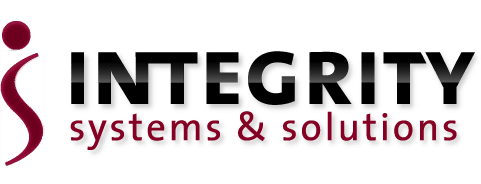
By: Michael Vincelette on October 1st, 2024
How Managed IT Services Can Reduce Burnout in Medical Professionals
Burnout in healthcare workers has skyrocketed in the past five years. High patient loads, lean staff numbers, stringent compliance regulations, and the emotional nature of the industry can take a damaging toll. Signs of burnout in healthcare workers include physical and mental fatigue, anxiety and depression, detachment, impaired focus, and other issues that could affect job performance.
Frustration stemming from unreliable, outdated technology can also contribute to burnout in medical professionals. Outsourcing IT services can be one of the most valuable healthcare worker burnout solutions.
How do managed IT services reduce burnout and improve the work experience for employees?
Managed IT solutions can assist healthcare facilities in creating and maintaining optimal technology tools for their staff. This decision addresses burnout in five significant ways:
Increases technology reliability.
Healthcare professionals typically depend on numerous software platforms and systems. Technology tools like electronic health records, scheduling and reminder tools, and telehealth platforms are a few of the many they use daily. When these are clunky or go down, it can throw a wrench into the entire workflow. These issues can cause employee frustration and delays that can contribute to burnout.
Managed IT service providers monitor and maintain every system, which keeps healthcare workers from struggling with "on the blink" technology. Less tech stress equals a more satisfying working environment.
Enhances cybersecurity and compliance.
In the healthcare industry, compliance risks are immense. With data breaches and non-compliance hanging over their heads, healthcare workers can stress out. By handing over these responsibilities to an experienced IT provider, staff can fully concentrate on their job duties without the constant, stress-inducing worry about data security.
Enables remote work flexibility.
With the expansion of the remote workforce, job flexibility has started playing a bigger role in worker satisfaction. However, setting up and managing secure remote work systems can be complex and time-consuming. An outsourced IT services provider can pave the way for this transition by implementing the necessary infrastructure to support remote work. Working remotely, even part-time, is a strong solution for mitigating burnout.
Provides knowledgeable, real-time tech support.
Struggling to figure out why the system is glitching or why a program has locked up can be mind-numbingly irritating, matched only by being put on hold multiple times trying to reach assistance. This frustration can create workplace negativity that disrupts efficiency. Quick access to technical support can minimize the effect a technology disruption has on stress levels and staff productivity.
Improves workforce management.
Crushing workloads is a big part of healthcare professional burnout. By outsourcing their IT services, healthcare providers can allocate resources better to cover patient loads. Proper staffing levels head off the physical exhaustion (which can contribute to burnout) that overworked employees experience.
Leveraging the benefits of IT services from a trusted provider like Integrity Systems empowers healthcare organizations to put a lid on burnout. The result? A healthier, more productive work environment for medical professionals.


